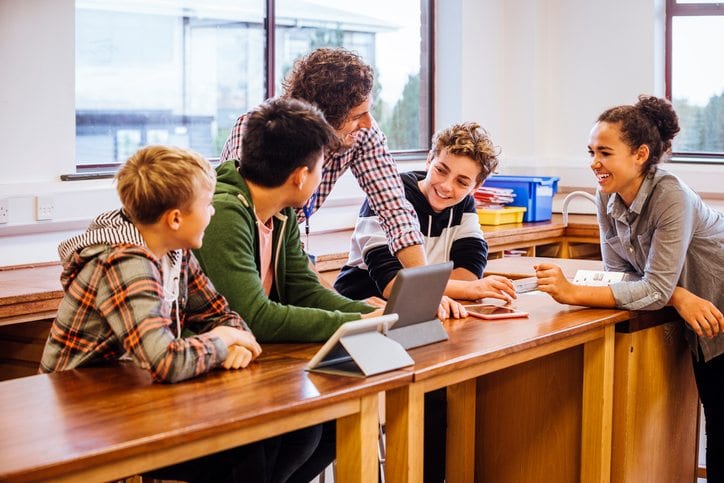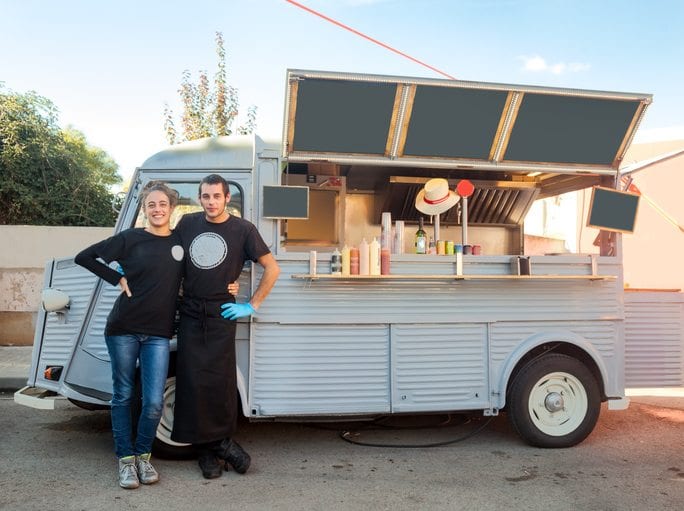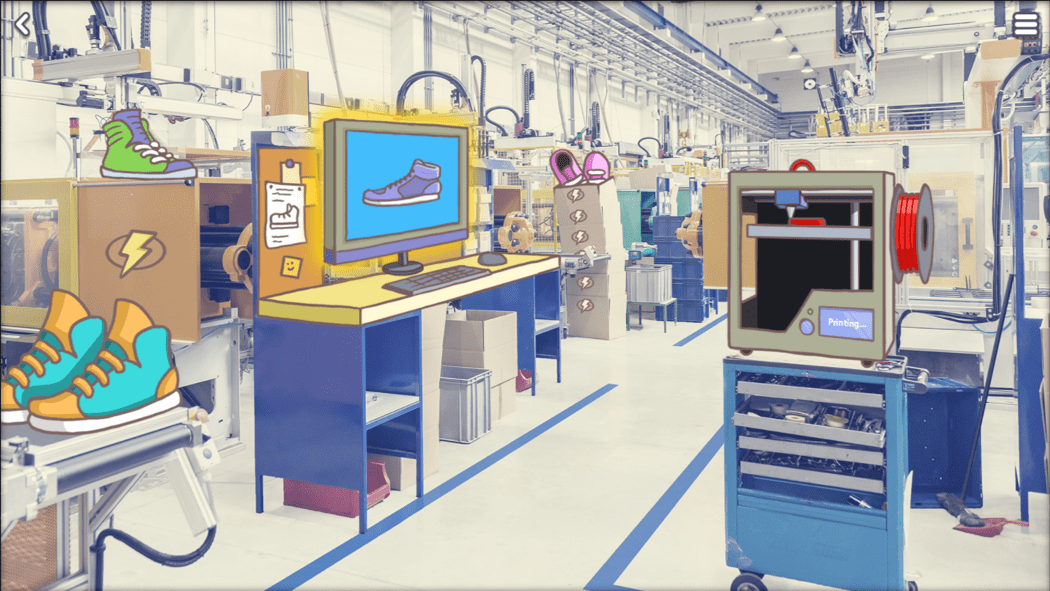Recently there have been reports of a big gap between what students are learning in schools and the skills they need to be successful in life. As a teacher, these headlines can be tough to take in. Because, of course, we are committed to making sure our students can make good life decisions, live independently, and work in satisfying careers.
So how can we help to bridge the gap and teach career readiness along with everything else in our curricula? By focusing on key skills that are essential to our students’ future success, but also play a part in everything we do in the classroom.
1. Analytical thinking
Analytical thinking is the ability to solve problems quickly and effectively. It involves a methodical, step-by-step approach that breaks down complex problems into individual and manageable components.
Chances are, your students are already practicing analytical thinking when they conduct science experiments or work away at a semester-long project. The key is to make the work explicit and connect students’ current analytical processes to what they might do in a workplace. Here is one lesson that breaks analytical thinking down into three steps.

2. Design thinking
A design mindset is solution-focused and action oriented. In giving students the opportunity to look at problems from new perspectives, we open the door for growth through trial and error. Educators are increasingly using this framework in the classroom to encourage students to seek creative fixes.
If you want to make the connection between design thinking and careers explicit, we love the free, interactive Endeavor program from EVERFI, which shows students how experimentation plays into STEM careers like engineering, product designing, and more.
3. Critical thinking
According to sociologist William Graham Sumner, critical thinking means “making reasoned judgments that are logical and well-thought out.” Being a critical thinker involves not simply accepting all arguments and conclusions, but rather finding evidence to support them.
Activities like close reading, essay writing, and making scientific hypotheses and predictions all help to support critical thinking in the classroom.
4. Collaboration and teamwork
Collaboration and teamwork both involve people working together toward a common goal. But according to Lindsay Price, resident playwright for Theatrefolk and co-founder of the Drama Teacher Academy, the two concepts are closely related but not the same.
The primary difference is that when students work as a team, they work as individuals. Everyone has their identified task that contributes to the outcome. Every group member has a unique job and a strong leader guides them together toward the goal.
On the other hand, Price tells us, “Within a collaboration, the group not only has to work together, they have to think together. The end product comes from the efforts of the group. This means collaborators are equal partners—there is no leader.”
Learning to operate within either group dynamic is essential not only to surviving, but to thriving in the 21st century workplace.

5. Decision-making
Decision-making involves choosing between possible solutions to a problem. According to the organization Skills You Need, decisions can be made through either an intuitive or reasoned process, or a combination of the two. Reasoning is using facts and figures to make decisions. Intuition is using your ‘gut feeling’ about possible courses of action.
You can nurture both kinds of decision-making by talking about past decisions students have made and why they made them. When did they make better decisions with reason? When did they make better decisions with intuition? Why?
6. Initiative
According to author Jennifer Applebaum, one of the top complaints from employers about young workers is their lack of initiative. But many young people are uncomfortable and simply unsure about how to take the lead. The key, says Applebaum, is to provide opportunities for students to practice and develop confidence.
This can often mean putting questions back on students, and distancing yourself as the be-all, end-all source of information. Students may be frustrated if you don’t give them a direct answer—or tonight’s homework assignment—but meeting their queries with a calm “I know you can figure it out” will help to nurture the confidence they need.
7. Entrepreneurship
An entrepreneurial spirit is increasingly important for career success. Most people no longer work at the same company for decades, but carve out their own unique career paths, which may include working for a mix of small companies, big companies, and even themselves.
You can build students’ entrepreneurial skills by having them explore the free, interactive activity “Venture” from EVERFI. This gameified learning experience challenges students to launch a virtual food truck, strengthening their math, communication, and reasoning skills along the way.

8. Organization
Most teachers can testify that organization is definitely a skill that requires direct instruction for most students. The benefits of learning these skills early in life lay the groundwork for future success at work and in life.
One of our favorite hacks for teaching organizational skills is to share your own organizational systems with students, whether it’s an online calendar, planner, or old-fashioned three-ring binder.
9. Persistence
We often think of persistence as an inborn personality trait, but it’s absolutely a habit of mind that you can teach. This idea is central to the growth mindset movement. Here are 12 of our favorite books for helping to develop growth mindset.
10. Problem-solving
Problem-solving is inherent to the learning process, but we don’t always take the time to make the thinking explicit, which is what builds the foundation for students solving problems in their careers. Talk about different ways to solve problems, and praise students’ different ways of thinking. “I like how you solved the problem by _________. It’s different than the way Ana did it, but you both arrived at the same answer. Why do you think that is?”

11. Risk
Some people are born risk-takers, while others seem more inclined to stay on the safe side. But risk taking is an important part of the modern work environment, and we need to teach explicitly how to take calculated risk.
12. Self-Direction
A person who is self-directed has the ability to regulate and adapt their behavior in the demands of a situation in order to achieve their goals.
So how do you help young people develop the self-knowledge necessary to take ownership of their lives? One great way to start is by giving them opportunities to honestly assess their interests and skills and explore career possibilities that match. EVERFI’s interactive learning platform provides career development guidance in fun, engaging ways. For instance, Endeavor sparks student interest in high-demand STEM careers. And Venture lets them explore an entrepreneurial future. Both programs help students identify their unique characteristics and skills and matches them with possible career paths that would be a good fit.
What career readiness skills would you add to the list? We’d love to hear in the comments.


